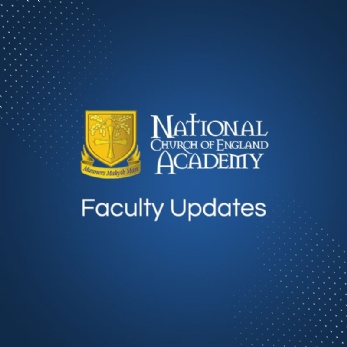MFL - June 2023
This year in MFL we are delivering our newly revised Key Stage 3 Curriculum. We have worked to develop a curriculum that is both engaging and allows knowledge and skills acquired to be continually interleaved and re- visited throughout the three years of language learning. This prepares students fully for the requirements of GCSE. The aim is to introduce students to practical and enjoyable uses of the foreign language in everyday situations beginning with the topic of Myself and my Family in year 7 and extending outwards into society with later topics such as school, holidays and work. Along the way we have incorporated lots of cultural enrichment opportunities for pupils to learn about customs, traditions and festivals in German and French speaking countries. Pupils have been learning about German and French Christmas, New Year and Easter traditions. They have also created Karneval masks, had food tasting opportunities and entered a German Bake-Off competition. They will also be watching and studying a German film in the summer term.
In the classroom we use Conti style teaching, working with chunks of memorable language to avoid cognitive overload. This means lots of repetition, chanting and speaking games to embed the language and build confidence. Pupils frequently move around the classroom, pair up with partners or small groups to engage in interactive activities which promote speaking in the foreign language. Pupils are supported in their learning by a Sentence Builder Booklet which provides spellings of new vocabulary and sequencing of language to help with grammar. This year we have also been experimenting with visualisers in the classroom to model outcomes and to showcase good work as well as to celebrate excellent pieces of writing.
We are really proud of how all our students have engaged in learning languages this year and look forward to helping them progress even further
Mrs Radford- MFL Lead










